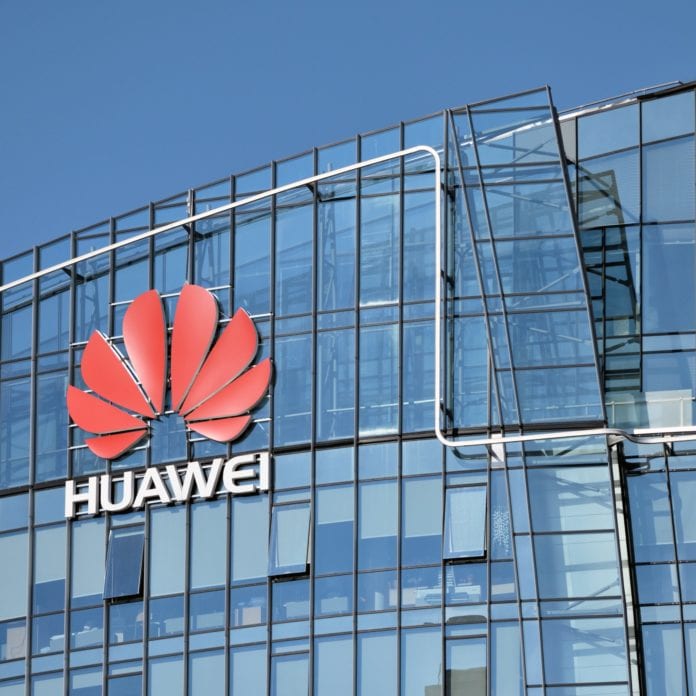Huawei Technologies filed a legal challenge against the new U.S. Federal Communications Commission (FCC) rule barring domestic carriers from using U.S. government subsidies to purchase the Chinese company’s equipment
In a petition filed in the United States Court of Appeals for the Fifth Circuit, Huawei asks the court to declare the FCC’s order unlawful, on the grounds that it fails to offer Huawei required due process protections in labelling Huawei as a national security threat.
In a statement, Huawei chief legal officer Song Liuping said: “Banning a company like Huawei, just because we started in China, this does not solve cyber security challenges.”
The Chinese company also believes that the FCC failed to “substantiate its arbitrary findings with evidence or sound reasoning or analysis.”
Song said both FCC Chairman Ajit Pai and other FCC commissioners failed to present any evidence to prove their claim that Huawei constitutes a security threat, and ignored the facts and objections raised by Huawei and rural carriers after the FCC first made the proposal in March 2018.
“Huawei also submitted 21 rounds of detailed comments, explaining how the order will harm people and businesses in remote areas. The FCC ignored them all,” the executive said.
“Carriers across rural America (…) choose to work with Huawei because they respect the quality and integrity of our equipment,” Song added. “The FCC should not shut down joint efforts to connect rural communities in the U.S.”
Glen Nager, Huawei’s lead counsel for the legal action, said the FCC has adopted a standardless rule that was designed with only Huawei and another Chinese company in mind.
On November 25, the FCC has unanimously moved to block the use of Universal Service Fund financial resources to acquire telecommunications gear and services from companies that “pose a national security threat,” and designated Chinese vendors Huawei and ZTE as such companies. The FCC also adopted new rules that network operators which receive USF funds must get rid of gear and stop using services from the covered companies, proposing to establish a reimbursement fund to help defray the costs of doing so.
“The public funds in the FCC’s USF, which subsidizes U.S. broadband deployment and service through four separate programs, must not endanger national security through the purchase of equipment from companies posing a national security risks,” the FCC said in a statement.
“We take these actions based on evidence in the record as well as longstanding concerns from the executive and legislative branches about the national security threats posed by certain foreign communications equipment manufacturers, most particularly Huawei and ZTE,” said Chairman Ajit Pai.
In May, the U.S. Department of Commerce added Huawei to its Entity List, a decision that effectively banned the company from buying parts and components from U.S. companies without U.S. government approval. Under the order, Huawei will need a U.S. government license to buy components from U.S. suppliers.
The Department of Commerce recently confirmed it will start to issue some licenses for U.S. firms to sell products to the Chinese vendor.

